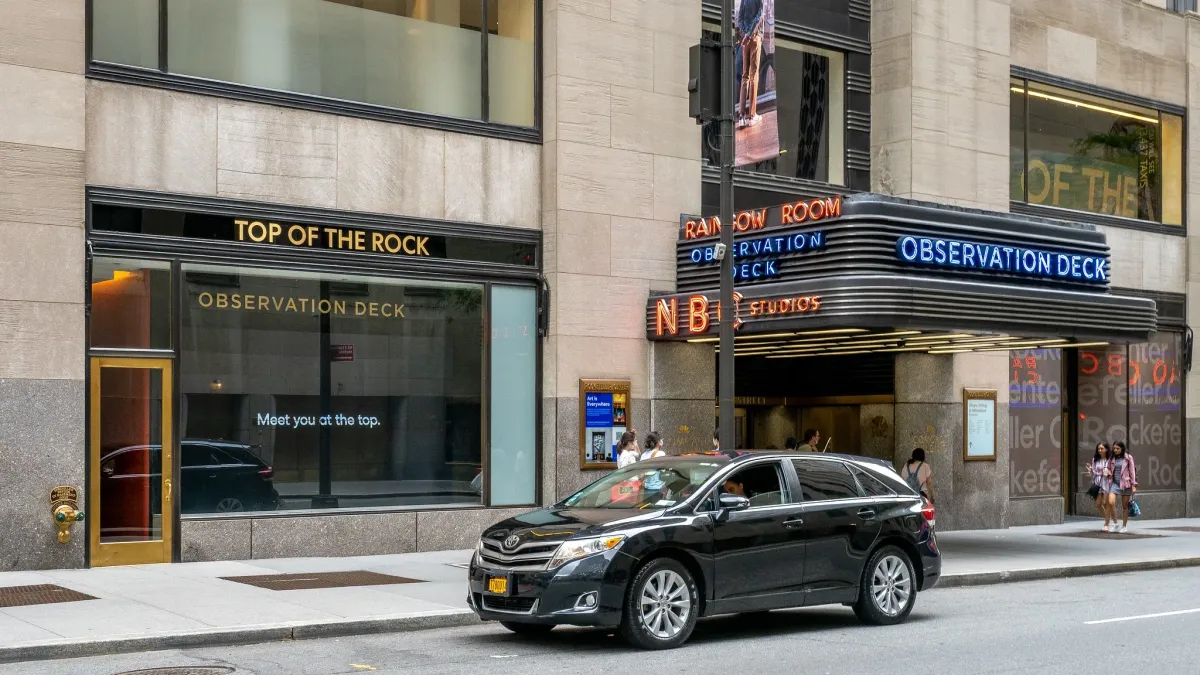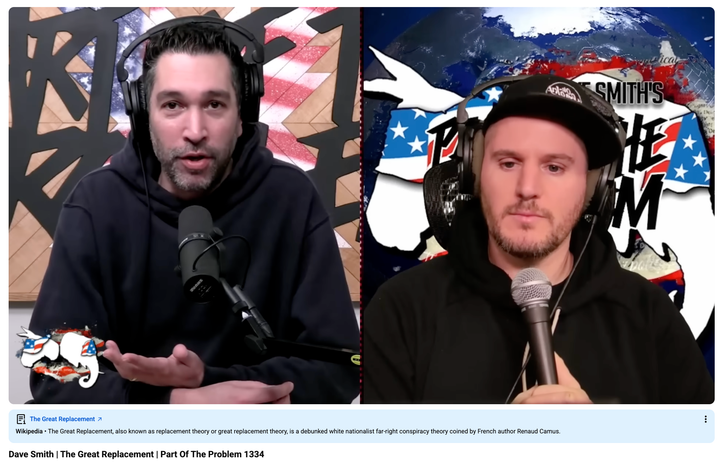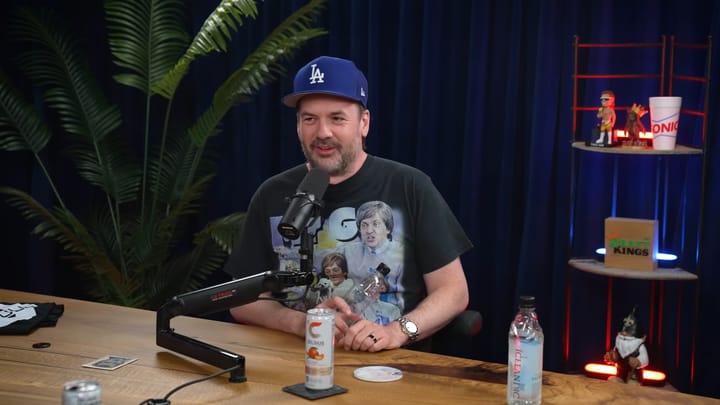Two Weeks of Silence
On steam.

One thing I've been thinking about nonstop of late, when I'm not thinking about how my dog is better than other dogs or trying to wrap my head around the concept of "annual maximums" on dental insurance, is Neal Brennan's commentary on the Jeff Ross exposé last year. In a later-deleted segment of his podcast How Neal Feel, Brennan and co-host Bianca Sia said they didn't know what to make of the story, partly because they felt it received less "steam" than similar revelations. As I transcribed last August:
“How do you prove it? And what should the punishment be?” he asks. “Let’s say he did it… some kind of sex. They dated and you assume, if you’ve dated before, one of the best parts of dating is the sex part. So I guess I’m curious about, what do I do? What does Bianca do? What does showbiz do? What does the Comedy Store do?”
Brennan and Sia remark several times that the story hasn’t “caught steam,” which they seem to think makes it less actionable. “It didn’t get the heat that D’Elia got and it didn’t get the Louie heat,” Brennan says. Sia notes that Ross “addressed it and now it’s a bit of a he-said-she-said. That’s where you jam the system, ‘cause, like, D’Elia waited too long [to respond] and what he put out was sort of incriminating.” She asks, “Do you hire him? Would you hire him?”
“The problem with all these things is the amount of blowback,” Brennan answers. “The question becomes, is he worth the trouble? If one person complains… Like, he does corporates. He does a lot of corporates. I would assume that’ll dry up. But it’s not… The story didn’t catch fire. There's also, I think, something to be said for 'he dated her.' So doesn't that… that seems more legitimizing or that seems more dignified.”
What interested me about these comments was the cowardice they revealed about people whose entire job is formulating opinions about events, who suddenly found themselves unable to formulate opinions about events involving their friend. (Side note: corporate gigs did not "dry up" for Jeff Ross. I spoke to one executive who hired him for a roast last summer; he said he didn't know about the allegations and threatened to sic his lawyers on me if I named his company.) What interests me now is this notion of steam, that the story is somehow made more ambiguous or less urgent by the lack of media coverage and general outcry. To Brennan and Sia, the Ross story didn't matter so much because nobody was telling them how much it mattered.
I toss around the occasional media criticism here and on Twitter because I'm a member of the media. Just as I believe it's incumbent on comedy workers to call out malpractice in their industry, I feel obliged to call out malpractice in mine. Well, here's some of that. It has now been two weeks since an anonymous woman filed a lawsuit alleging Saturday Night Live, NBC, and 20 unnamed NBC employees looked the other way as Horatio Sanz groomed and abused her when she was a teenager. The news made a small blip in the days after it broke—a blip disproportionately centered on Horatio Sanz, less the entire system that allegedly enabled him—and then vanished. Publications like the New York Times and Vulture have gone right back to aggregating Jimmy Fallon clips with no mention of the allegation that Fallon, who shared an office with Sanz at the time, emailed a teenage fan and let her into an after party, where she drank alcohol right beside him. Fallon has not addressed the allegations, nor has Lorne Michaels, nor has anyone else who worked at SNL at the time.
This silence is not natural. It is the product of decisions made by people about what matters. There are many ways to cover this story short of thoroughly reporting out every allegation in the complaint: former SNL employees to be interviewed about the show's culture, takes to be written about its out-in-the-open history of abuse, analyses of Fallon's peculiar fandom. There are also numerous publications—trade magazines and otherwise—with direct lines to Michaels and Fallon, not to mention tabloid reporters whose entire job is to stake out their subjects' workplaces and homes. I will happily eat my words if proven wrong here, but it seems obvious to me that if enough parties were asking, we would have heard a "no comment" by now. ("What about you, Seth?" Fair question: No one has bought my pitches on this, and I can't use my newsletter for investigative reporting on Fortune 500 companies like Comcast/NBC without significantly jacking up my liability insurance, which is one big reason I'm asking you to upgrade your subscription.)
As cowardly as Neal Brennan's commentary on Jeff Ross may have been, it was also accurate. "Heat" is essential to accountability, especially at SNL. Just last year it dropped Morgan Wallen as musical guest (temporarily, at least) in response to public outrage; I heard from a source close to the show that insiders specifically blamed Vulture for the embarrassment. Shane Gillis has said repeatedly that Michaels believed they could beat the heat by getting him to air—where audiences would see he's a good guy, actually—but ultimately the heat won out. When Chris Kattan's allegations that Michaels pressured him to sleep with Amy Heckerling lit up the entertainment mediasphere, we were at least treated to a vague denial from an SNL spokesperson. We all saw what happened when conservative media blew up at Pete Davidson's roast of Dan Crenshaw. What if everyone blew up at SNL for this?
I know there are those who think the proper move is to wait for the lawsuit and any other investigations to play out. This is both unrealistic (lawsuits take years) and counterproductive. There is a practical component to sustaining prolonged attention on allegations like these. It signals to other survivors—potential sources for those essential longer investigations—that the press is on their side and cares about their stories. To use a rough analogy, every time I write about shitheads in comedy, I hear from people who've had bad experiences with those shitheads. There is no conceivable way I could have found them on my own; I had to hold up a light. The same principle is true here. The internet is a very big place, and SNL is a very old show that's touched many thousands of people. If we want to hear from the ones with stories to tell, we have to give them a reason to trust us.
One glaring sign of comedy's failure to deal with its abuse problem is that stories like this do not grind the entire industry to a halt. Really, they all should have: Bill Cosby, Louis CK, Chris Hardwick, Bryan Callen, TJ Miller, Murray Miller, Chris D'Elia, Gilbert Rozon, Jeff Ross, the proper response to each one of these revelations was to stop everything until the truth was uncovered and the systems reformed. You can tell the people in charge—the agents and producers and gatekeepers who claim to be shocked and appalled by each new set of revelations—don't actually give a shit, because not one of them has ever come back and said, "Okay, I asked around outside my bubble of power to find out who else in my midst is hurting people, and here's what I found out and here's what I'm doing about it."
No, what these people really care about is getting through the news cycle. This makes it our job to ensure the news cycle never ends.
Elsewhere…
-The Verge: Joe Rogan, Confined to Spotify, Is Losing Influence
-The Daily Beast: Inside Louis C.K.’s Gross, Unapologetic ‘Comeback’ Show at Madison Square Garden
-Insider: A 'lost generation' of Hollywood workers has been frozen in place by the pandemic, leaving the next wave of creatives and execs in limbo (This piece is subscriber-only, but you can get a monthlong trial for a buck. It's worth it!)
Thanks for reading! If you can, please help keep Humorism going by upgrading your subscription below. If you prefer, you can also chip in via Paypal.
Header image via ajay_suresh/Flickr.


